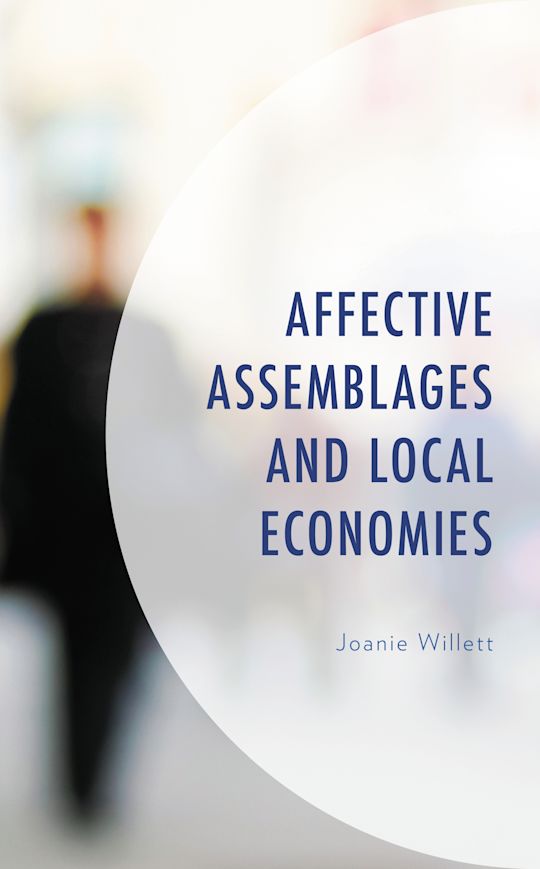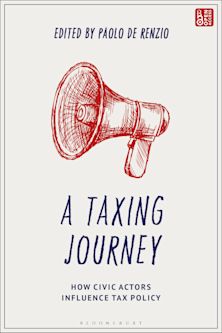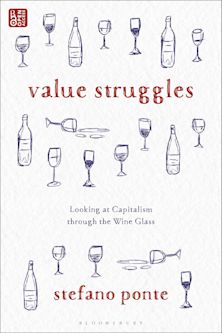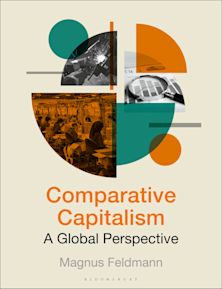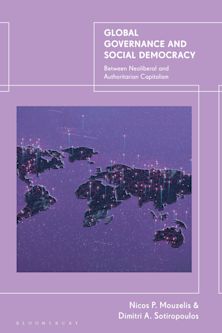- Home
- ACADEMIC
- Politics & International Relations
- Political Economy
- Affective Assemblages and Local Economies
You must sign in to add this item to your wishlist. Please sign in or create an account
Description
What becomes visible if we look at peripheral, deprived rural regions through the lens of a complex adaptive assemblage? Affective Assemblages and Local Economies uses ethnographic research and qualitative interviews with members of the public and some policy makers to examine this question. Over a year-long project in Cornwall in the South West of the UK, and the South West of Virginia, USA, the book considers what becomes visible if we understand the region through the words of ordinary people, rather than planners and policy-makers. Drawing on the Deleuzian affective assemblage, it builds the concept of the Region-Assemblage to examine the deep interconnectedness between people, objects, organisations and the processes that we find in the regions that we observe.
Table of Contents
Chapter 2. The Affective Assemblage
Chapter 3. The Evolutionary Regional Assemblage, Becoming and Economies
Chapter 4. South West Virginia and Cornwall: Constructing the Complex Adaptive Regional-Assemblage
Chapter 5. South West Virginia
Chapter 6. Cornwall
Chapter 7. What Do We See? Spaces of Possibility in Southwest Virginia and Cornwall
Chapter 8. Conclusion
References
Product details
| Published | Oct 18 2021 |
|---|---|
| Format | Ebook (Epub & Mobi) |
| Edition | 1st |
| Extent | 178 |
| ISBN | 9781538150719 |
| Imprint | Rowman & Littlefield Publishers |
| Publisher | Bloomsbury Publishing |
About the contributors
Reviews
-
This is an excellent book, theoretically sound and featuring fascinating case studies. Willett looks comparatively at two regions across the UK and the USA, to construct a rural development model and critique existing approaches within a wider political context.
Menelaos Gkartzios, Newcastle University
-
There is much to unpack here, and it is deftly done across the first three chapters. Willett is adept at translating often nebulous ideas for a wider regional studies audience, whether neatly parsing affect theory (a minor academic industry itself) or introducing Bergsonian temporality (without tears). Such conceptual clarity should earn the book space on many different shelves. Readers mystified by mention of assemblage and affect, or coming to the concepts for the first time, will find explanations made the more digestible through helpful analogy. Equally, readers already in the theoretical know will find plenty to reflect on, extend and remix.
Regional Studies

ONLINE RESOURCES
Bloomsbury Collections
This book is available on Bloomsbury Collections where your library has access.








